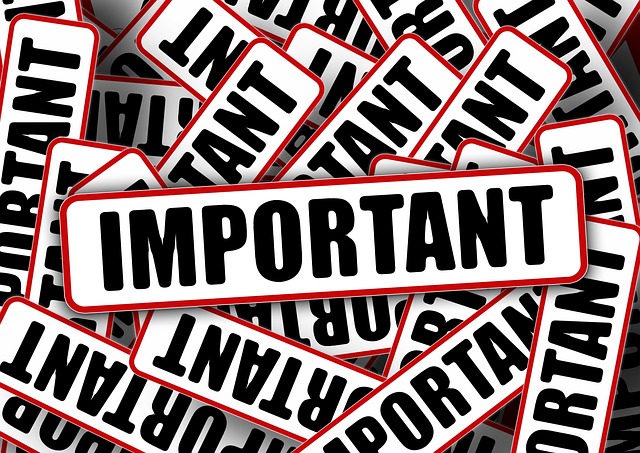If you’ve recently been released from a lengthy prison or jail sentence, there may be specific
requirements that you need to follow, including registering with local authorities.
For some people, registering is a legal requirement based on the nature of their offense.
Failing to do so can lead to serious consequences, including the possibility of being returned to
jail or facing new charges.
This post will explain why it’s important to register with local authorities if required, how to
complete the process, and how it helps you stay in compliance with your release conditions.
First, it’s important to understand that not everyone who is released from prison or jail is
required to register with local authorities.
The need to register depends on the type of offense you were convicted of, and whether state or
federal laws require you to be monitored in the community.
Common examples of people who are required to register include individuals convicted of sex
offenses or certain violent crimes.
Depending on your case, you may also need to register if your parole or probation terms include
this requirement.
If you are unsure whether you need to register, it’s crucial to get clarification from your parole or
probation officer.
They can explain the conditions of your release and let you know if registering is something you
must do.
Ignorance of the requirement is not an excuse in the eyes of the law, so make sure you fully
understand your responsibilities before it’s too late.
Missing the registration deadline can be considered a violation, which could land you back in jail
or add more time to your sentence.
So, why is registering with local authorities important? For one, it’s the law. If you’re required to
register, it’s not optional, and failing to do so can result in severe legal consequences.
Registering ensures that the authorities know where you are living, working, and spending your
time.
It’s a way for the legal system to keep track of individuals who have been convicted of certain
crimes to ensure public safety.
While this may feel restrictive or invasive, it’s a critical part of your release terms that must be
followed.
To register, you will usually need to visit your local police department or another government
office within a certain time frame after your release.
The registration process can vary depending on where you live, but it typically involves
providing information about your current address, employment, and any other details the
authorities require.
You may need to check in regularly or update your information if you move or change jobs.
In some cases, you may be given a registration ID or number that you will need to present when
checking in.
It’s important to note that registration is not a one-time event.
If you are required to register, you will likely need to do so on a regular basis—whether that’s
annually, quarterly, or whenever there is a change in your circumstances, such as moving to a
new location or getting a new job.
Staying on top of these check-ins is critical to staying in compliance with your release
conditions.
Missing a registration deadline or failing to update your information can be considered a
violation, which could lead to further legal trouble.
Another important aspect of registering is that it helps show the authorities that you are serious
about following the law and complying with the terms of your release.
Even though the registration process may feel burdensome, completing it on time and keeping
your information updated can demonstrate that you are taking your responsibilities seriously.
This can work in your favor when it comes to earning trust and possibly gaining more freedom
or privileges as you complete your parole or probation.
If you are required to register, it’s also important to be aware of any travel restrictions that may
apply.
For example, you may not be allowed to move to a different city, county, or state without first
notifying your parole or probation officer or updating your registration.
Failing to notify the authorities of a move or change in your living situation can result in a
violation of your terms.
Always check with your parole or probation officer before making any plans to relocate, even
temporarily, to ensure that you are not breaking any rules.
Additionally, it’s a good idea to keep copies of all your registration paperwork and any
documentation you receive from the authorities.
This can help you keep track of your registration requirements and provide proof that you have
fulfilled your obligations if any issues arise later.
Having records on hand can also serve as a reference if you need to check when your next
registration is due or if you need to update any information.
While registering with local authorities may feel overwhelming or frustrating, it’s important to
remember that this is a necessary step in your reentry process.
By staying in compliance with registration requirements, you are helping to avoid unnecessary
complications that could interrupt your path to rebuilding your life.
The key is to stay proactive, keep your information up to date, and communicate with your
parole or probation officer about any questions or concerns you have.
In conclusion, registering with local authorities is an important part of many individuals’ release
conditions after a lengthy prison or jail sentence.
It’s not only a legal requirement, but it also helps you stay in good standing with the legal system
and avoid any further penalties.
By following the rules, keeping up with registration deadlines, and maintaining open
communication with your parole or probation officer, you can focus on moving forward and
successfully reintegrating into society.
Keywords: registration, parole, probation, local authorities, legal requirement, compliance,
public safety, reentry, deadlines, travel restrictions.

